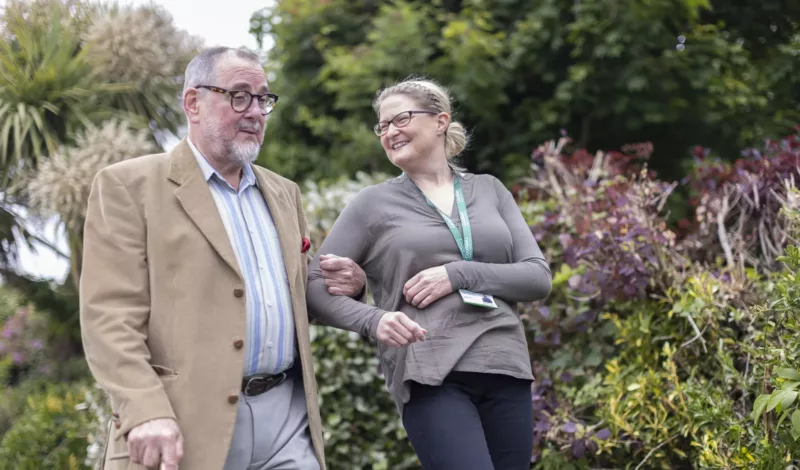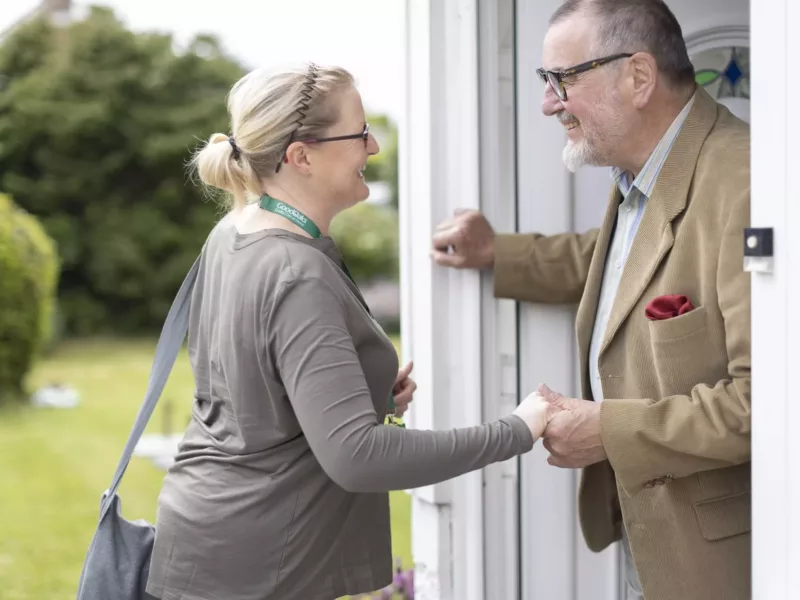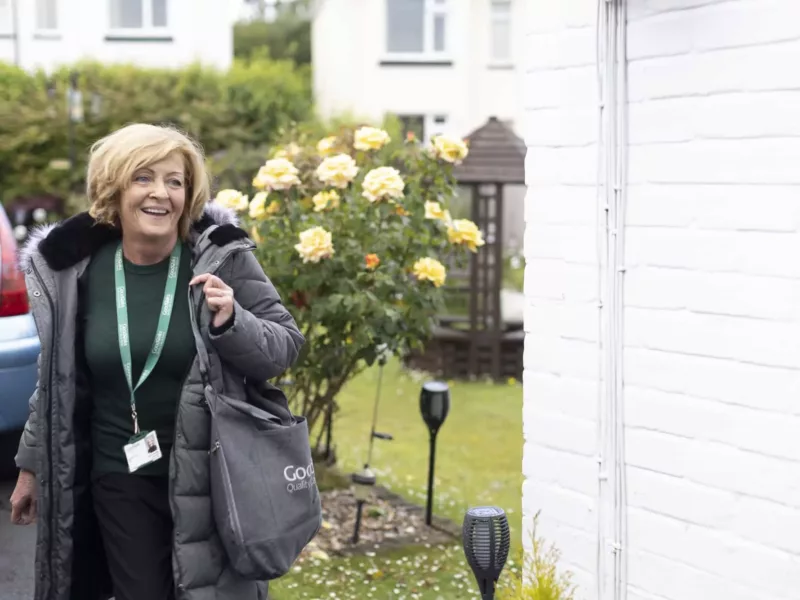Most homecare is charged by the visit. 30 minutes is generally the minimum length of visit, and the length of the visit depends on what you need support with. For example, you might need slightly longer to help with your morning routines than you do to help you make a light lunch.
The care agencies’ fees are generally inclusive of all associated costs; staffing and payroll costs, mileage, PPE, and care management, such as assessments, reviews and spot-checks.
You’ll notice that shorter visits are relatively more expensive than longer visits, because there are fixed costs such as mileage and travel time that have to be reflected no matter the length of visit.
GoodOaks has a transparent pricing structure with no hidden costs, but some companies do charge extra for mileage, so it’s always worth asking.
Costs fluctuate across the country, but as a guide, the prices below are a guide to the costs of our services:
Visiting homecare cost: Our homecare visits start from as little as £19 for half an hour.
Live-in homecare cost: Our priority is to provide the highest quality care, provided by committed, carefully vetted and trained professionals. Our live-in care services start from £1,100 per week.
Night care cost: Nights support normally is between 10pm to 7am, are generally start from £149 per night.






